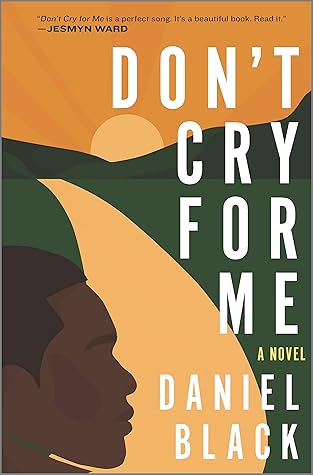More on this book
Community
Kindle Notes & Highlights
Let me start with this: love wasn’t a requirement of men in my day. It wasn’t a man’s achievement. In the sixties, when you were born, love was a woman’s passion, a mother’s hope. Fathers had far different obsessions: food, shelter, clothing, protection. My job was to assure you had these things, and I did that.
Everything we did, whether we were aware or not, we did with white people in mind. Our life’s aim was to make them believe we had value and worth, so we spent our nights trying to figure out what they liked, then spent our days trying to do it. We still haven’t pleased them, and truth is, we never will.
We loved each other—if love is respect. Yet respect wasn’t what you and your generation wanted. You wanted something you could feel in your heart, and I didn’t know what that was. My generation had never had it.
“Worse thang in the world a man can do, boy, is lose his son.”
That’s how it happened in the country sometimes. A person just got sick and died. No real explanation. We knew the limits of medicine and science, and most accepted them without question.
A man’s history is all he has. It says more than his mouth ever will. You’ll see what I mean soon enough. I
There are no do-overs in this life. Either you get it right or you wish you had.
I hoped you’d look like your uncle Esau. But more, I hoped you’d love me just because I was your father.
Anger dwells in the head, then fades. Hurt lingers in the soul. It rearranges your feelings without your permission. It blinds you.
Loneliness can kill you, you know. It makes you think and do strange, unhealthy things.
You wouldn’t think ideas have geographical context, but they do. We teach certain things because of where we live. We like to think we’re governed by some higher spiritual or philosophical motivation, but really most of our thinking comes from our environment.
Hurt is hard to forget, especially from a mother.
I’m sure she told you, too. Your truth was simply more than she could bear.
Somewhere in my heart, I hoped that perhaps you would change and decide to be normal. But who was I fooling? I let the knob go, closed my eyes, and accepted, finally, that I couldn’t change you.
You were beyond me, beyond my control, and I didn’t know what to do with you. I didn’t know what to do with my feelings about you.
It was a strange thing, sitting next to people you love but being unable to love them.
Knowledge is a funny thing, Isaac. It informs by exposing. It shows you precisely how much you don’t know.
“Love didn’t have nothin to do with feelins. It was hard work and sacrifice and makin sure chillen knew how to mind. Didn’t have much to do with what you felt about ’em. Or what they felt about you.”
No one should diminish themselves to prove their love.
Just remember that, although we were flawed, we were marvelous, too.
Love doesn’t make us perfect; it makes us want to be. By the time you discover this, your imperfections have done their damage.
Finally, I leave you this charge: Live your life freely, Isaac. Rise above our history and be your unapologetic self. Just remember that I meant well. Even in my failure, I truly meant well. Your Father, Jacob


